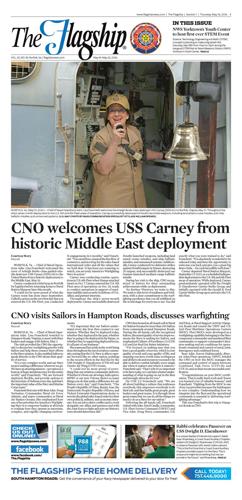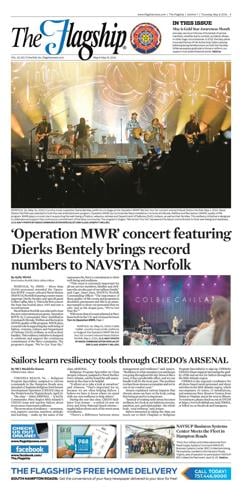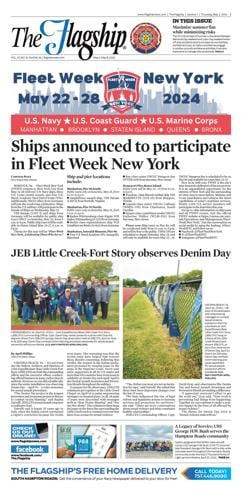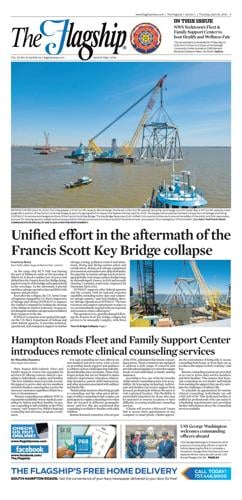WikiLeaks founder Julian Assange faces a court hearing in London that could end with him being sent to the U.S. to face espionage charges, or provide him another chance to appeal his extradition. The outcome Monday will depend on how much weight judges give to assurances U.S. officials have provided that Assange’s rights won’t be trampled if he goes on trial. In March, judges said he could take his case to the Court of Appeal unless the U.S. guaranteed he would not face the death penalty if extradited and would have the same free speech protections as a U.S. citizen. The U.S. has now provided those assurances.
TOP NEWS
WikiLeaks founder Julian Assange has been fighting for years to avoid extradition to the United States to face charges related to his organization’s publication of a huge trove of classified documents. He has been in custody in a high-security London prison since 2019 as a back-and-forth with the U.K. courts dragged on over whether he can be sent to the U.S. He previously spent seven years in self-exile in the Ecuadorian Embassy in London to avoid extradition to Sweden to face rape allegations. Two judges at London’s High Court will hold a hearing Monday on whether Assange will be allowed to appeal against his extradition order. If he loses he will have exhausted all his legal routes in the U.K.
China’s Ministry of Commerce has announced sanctions against Boeing and two other defense companies for their arms sales to Taiwan. The companies include Boeing’s Defense, Space & Security unit, General Atomics Aeronautical Systems, and General Dynamics Land Systems. Monday is the day of Taiwan's presidential inauguration. The move is the latest in a series of sanctions that China has announced in recent years against defense companies for weapons sales to Taiwan, a self-ruled island that China considers part of its own territory. The likely impact of Beijing’s sanctions on such businesses is unclear since the United States bars most sales of weapons-related technology to China. But some military contractors also have civilian businesses in China.
American and Nigerien defense officials say U.S. troops ordered out of Niger by its ruling junta will complete their withdrawal from the West African country by the middle of September. The timeline announced Sunday was the product of four days of talks between the countries’ defense officials in the capital city of Niamey. Niger’s decision to kick out American forces dealt a blow to U.S. military operations in the Sahel, a vast region south of the Sahara desert where groups linked to al-Qaida and the Islamic State group operate. The rupture in military cooperation followed last July’s ouster of the country’s democratically elected president by mutinous soldiers.
WikiLeaks founder Julian Assange faces what could be his final court hearing in England over whether he should be extradited to the United States to face spying charges. The High Court will hear arguments Monday over whether Assange can seek an appeals court ruling blocking his transfer to the U.S. The court in considering whether to accept reassurances from U.S. officials that his rights won't be trampled if he is returned to face trial. American prosecutors say the 52-year-old Australian citizen helped U.S. Army intelligence analyst Chelsea Manning steal classified documents and put lives at risk when Wikileaks published them.
Two Chinese warships have docked at a commercial port in Cambodia, in preparation for joint naval exercises between the two countries. The Jingangshan amphibious warfare ship and Qijiguang training ship sailed in to the Sihanoukville Port on Sunday as onlookers waved Cambodian and Chinese flags from the piers. The port is north of the Ream Naval Base, where China has been funding a broad expansion project that has been carefully watched by the United States and others over concerns it could become a new outpost for the Chinese navy on the Gulf of Thailand.














